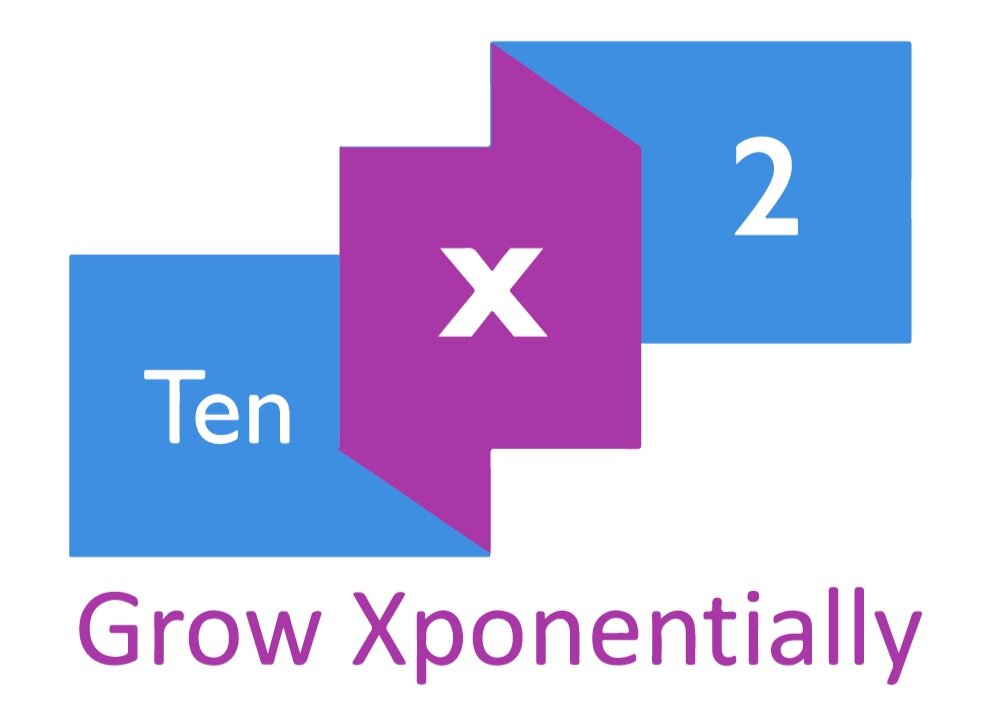What are the key ingredients to boost innovation for incumbents in the 21st century?
Is structural business modelling process the solution for everything? In an environment where the disruptions can happen from various competitors even from different industries or from the exponentially growing number of start-ups the answer can only be No. So what is the answer additional to business modelling? This is the follow up article related to how incumbents can innovate successfully. The first article was about Defensive approach and this one is about Offensive/Proactive approach.
As the potential for a company to be disrupted is increasing day by day and involves competitors from own industry, other industries and many start-ups the best way to survive and thrive is to create a new organizational set-up and a culture that supports and encourages Innovation.
But before we propose a solution for incumbents what are the characteristics of the Innovations including disruptive ones that we observe in the world in the 2nd decade of the 21st century?
They are based on connected, shared and on demand economy
Leverage the power of the Individual/Customer
Use collaborative, community & crowd based (variable) resources
They embrace exponentially growing technologies + multiplication/convergence effects as enablers
Require flexibility, adaptability and experimentation
Embrace digital customer experience and operational excellence
They integrate data/data-mining in their ideation and execution
Use 10X better product or convenience or selection or … AND lower cost!
Taking into account all above and the culture and organizational set-up of the majority of the incumbents what can we learn from the 1% or less of the successful incumbents (Google, Amazon, Salesforce, UBER,….) and of course the numerous start-ups that shape up the economy in the 21st century in order to inspire the rest?
The approach of the successful incumbents includes mainly the following ingredients:
Company and Innovation Culture
Organizational set-up
COMPANY AND INNOVATION CULTURE: THE GREAT MAJORITY OF THE SUCCESSFUL INCUMBENTS HAVE THEIR OWN CULTURE THAT HAS THE FOLLOWING KEY INGREDIENTS:
A Transformative Company Purpose: Attracts talent, creates a community around and enable you to compete better. WHY? The 21st century motivators are Purpose, Autonomy and Mastery according to new university research. There is a need for a higher aspirational purpose that captures the hearts and minds of those inside and outside of the organization.
Collaborative mindset
Working with multifunctional teams instead of functional silos
Thing BIG: WHY? Exponential technologies are not about Incremental improvement. They are about radical and huge improvements in something Better/Bigger /Faster/Cheaper/…. e.gSkype, iPhone, 100 USD Drones, Instagram, what app,….. So in order to compete you need to play BIG.
Embrace Crowd and Communities: WHY?
Easier networking: faster, more communication, community creation and accelerating ‘shared economy’ (Uber, Airbnb, Fiverr, Upwork,.….). Ideas get reviewed, adopted, rejected, improved faster than ever before. This means that any question requiring ‘outside inputs’ get feedback faster. Using the ‘community’ increases the rate of Innovation while the ‘right’ community will offer opportunities not considered before.
More Autonomy and Speed: The greater connectivity and the new technologies allow for unprecedented speed of access and decision. For a company to remain competitive needs to be able to match the speed through more autonomy (people and automation) especially at the edges.
Experimentation and failure for fast learning are cornerstones for success
Use 10X better product or convenience or selection or … AND lower cost! The AND is vital.
E.g Amazon “Selection AND best price”, Netflix “Convenience/Selection and Best Price”, What’s App “ Convenience AND Free”
Data based insights are important and vital for success
Partner with external innovator(s). This is a good way to create external focus and learn. Invest in a ‘start up’ or accelerator that is doing what you want to do. Good option to learn and decide later for a potential acquisition
ORGANIZATIONAL SET-UP: THE MOST OF THE SUCCESSFUL INCUMBENTS UNDERSTAND WELL THE NEED TO SEPARATE THE CURRENT BUSINESS FROM THE FUTURE BUSINESS.
The current businesses are focusing to delight existing customers, grow and generate income to support the organizational objectives at large. They are normally big business units with established customer base, go to market channels and processes. Their focus is to innovate, grow within their market segments and product portfolio without creating new business beyond their core. As they are big they are not flexible enough to behave like start-ups or compete with start-ups!
The future businesses are set up separately (within an incubation structure or sometimes start-ups are acquired to become part of the incubator) working like start-ups to discover a viable business model before they run out of cash. Their leaders report directly to the CEO and they have their own processes and metrics suitable for their business model and different than the current incumbent businesses. When a new business grows fast and has the potential to become more than 10 % of the company sales within 3 years it is selected to become a separate business unit and the growth engine for the whole company the years to come. Transforming a start-up to become the growth engine of the whole company needs the attention of the CEO and the whole Management team and as such an initiative like this requires a lot of resources and it cannot be more than 1 every 2-3 years. Alphabet (ex Google) and Salesforce are companies that operate in this way.
Are these the only differentiators? The answer is No and the subject is very broad for a LinkedIn article.
That is what I think. What do you think?
Thank you very much. If you like the subject please share and follow me to read more articles.
Mike Mastroyiannis is Business, Management & Executive Coach and Management Consultant for among others Exponentially Disruptive Innovations. He has served as CEO of business units in Multinationals, founded or lead start-ups and serves in advisory boards. He can be reached through LinkedIn or email: mike@tenx2.com
JUNE 22, 2016
